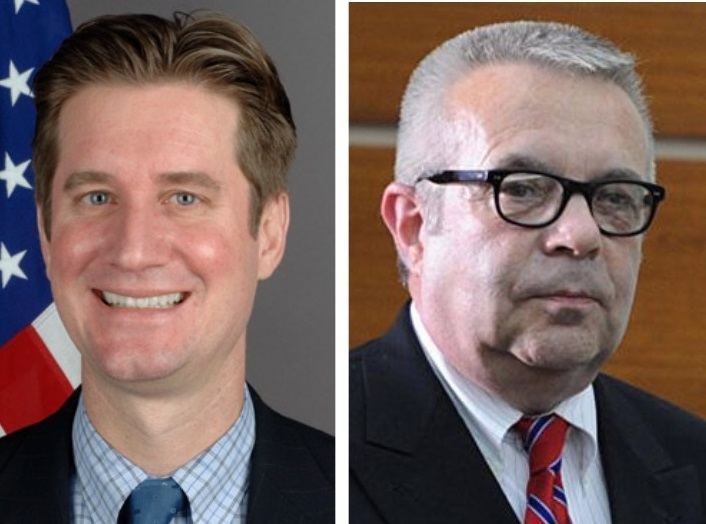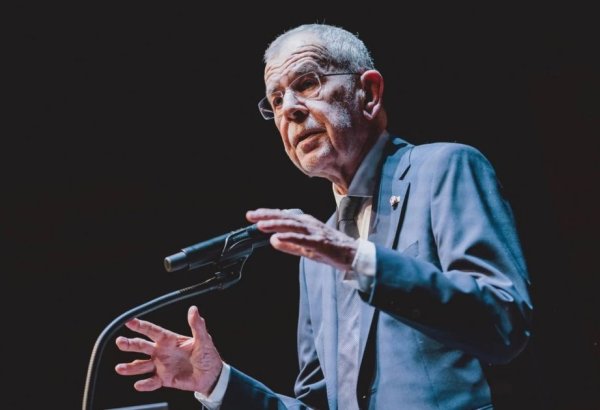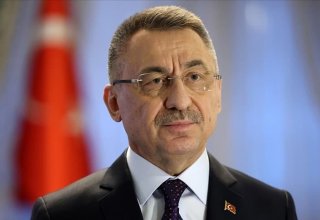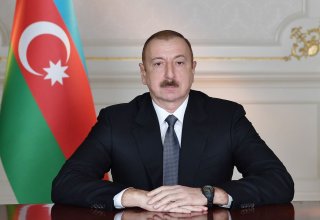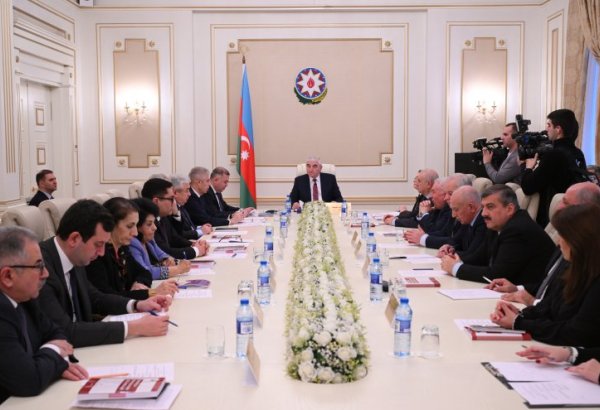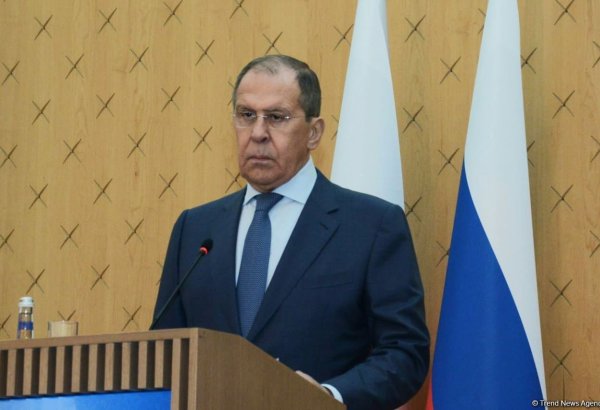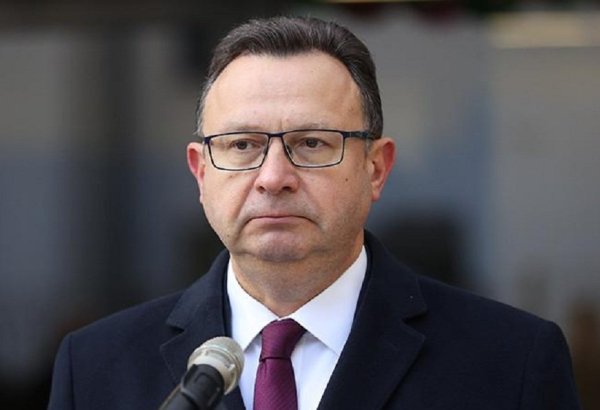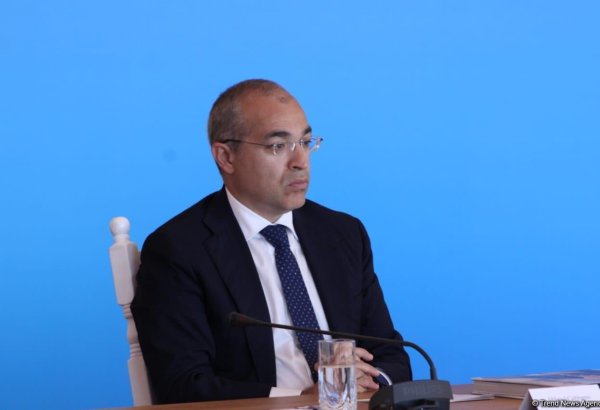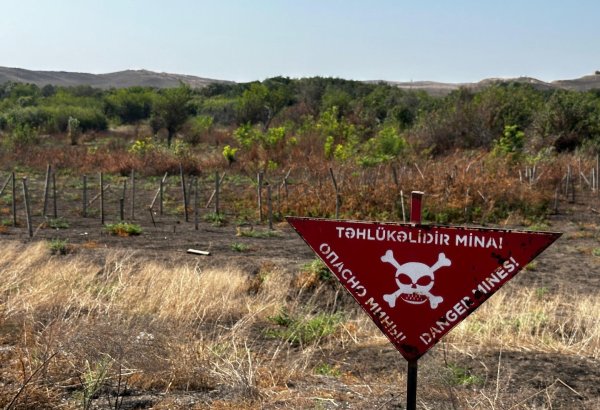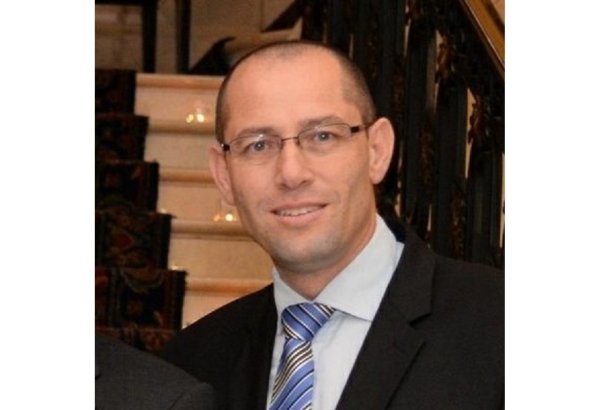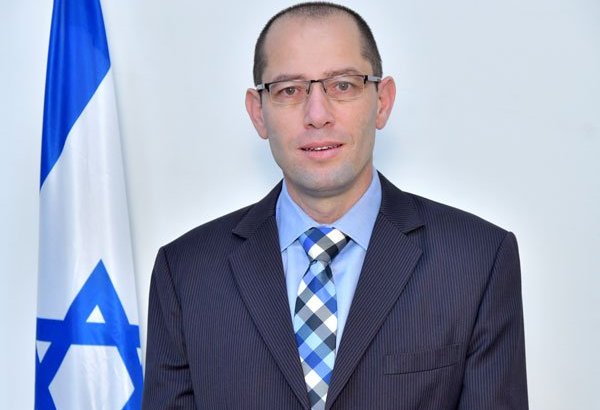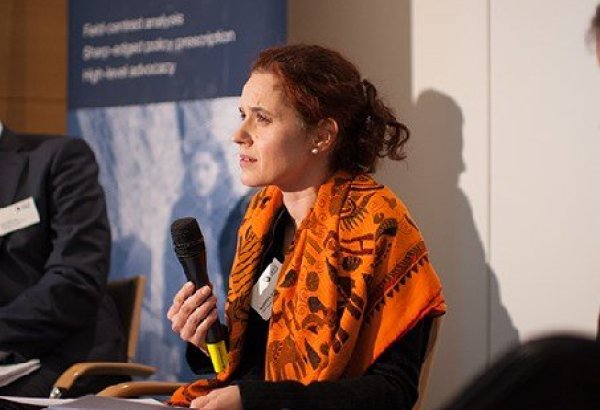BAKU, Azerbaijan, July 23. New gas from Azerbaijan is especially important for Europe, Richard Hoagland, Security and Politics Program Chair at the Caspian Policy Center told TurkicWorld.
"Europe is in the very long-term process of transitioning from hydrocarbons to green energy, but it will still need natural gas for the foreseeable future. New gas from Azerbaijan is especially important because Russia's war in Ukraine has disrupted natural-gas supplies to Europe. And so Europe certainly welcomes additional supplies from Azerbaijan," he said.
Hoagland believes that another important potential source would be from Turkmenistan.
"It's important for Europe to convince Turkmenistan to allow the Trans-Caspian Pipeline to be built; that would be an international game changer," he said.
President of Azerbaijan Ilham Aliyev said during the opening ceremony of the Shusha Global Media Forum on "New Media in the Era of the 4th Industrial Revolution" on July 21 that the Trans-Caspian Pipeline is not the project, which Azerbaijan will initiate.
"Because usually the projects, which are initiated by the countries, other projects based on these country's resources as we did for instance with the Southern Gas Corridor," said President Ilham Aliyev.
The head of state noted that this project as an idea is based on the gas resources of Turkmenistan.
"Therefore, it's not up to us to initiate it or to invest in it. What can we do? We can provide our existing infrastructure or can provide infrastructure some land in their possession in order to build a new infrastructure. But I think, it's also important to know that today, Azerbaijan is working on expansion of the pipeline, which was built less than three years ago. Why? Because demand in Europe is growing. The pipeline, which was designed for 10 bcm like TAP, now, needs to be expanded up to 20 bcm. TANAP from 16 to 32. That was not expected by us. Because situation has changed. So, why we talk about expansion is that Azerbaijan will produce more gas and is producing every year more gas than year before. For instance, if 2021 we exported 19 bcm, last year, it was more than 22 bcm, and this year, probably it will be 24 bcm or even more. And these months - that's in the time when we didn't see each other - we already announced the discovery from the Absheron gas field, which possesses at least 300 billion cubic meters. And the first well is already producing gas more than any well on Shahdeniz. So, in other words, expansion of our pipeline system is based on our growing resources. For additional gas from Eastern shores of the Caspian – first, the Trans-Caspian Gas Pipeline must be built under the sea, and second from Baku to the European destination, another something like the Southern Gas Corridor must be built. And the main question is who will finance these important projects? And we don't have an answer. Therefore, before we find an answer who will finance it, I think, implementation or even some ideas about that will be unrealistic. And also you know very well that now European banks stopped financing the projects of fossil fuel. Therefore, it will be difficult to raise substantial money for that. Because, when we were building the Southern Gas Corridor, apart from corporate financing, we had financing from EBRD, EIB, ADB and also from the Asian Infrastructure Investment Bank. But now two of these European institutions - they are out, I hope temporarily, from the fossil fuel financing, therefore, who will finance it? The green transition makes implementation of this project even more complicated. And the fluctuation of the gas prices in Europe, which we see also creates a lot of questions. By the way, also the price cap, which, I think, was absolutely unacceptable for the consumers to put a limit for the price. This is totally in contradiction with any market economy principles, which these countries were advocating for many years. So, in other words, from realistic point of view, this is very problematic. But again, if someone decides to build the Trans-Caspian Pipeline, we will be only happy. We will have more transit fees and more cooperation," President Ilham Aliyev said.
Former US Ambassador to Azerbaijan Matthew Bryza focused especially on the recently launched Absheron gas field.
"The discovery of 300 billion cubic meters of natural gas at the Absheron field is of course, good news. To put it in perspective, it's anticipated to add additional 1.5 billion cubic meters in production every year. Of course, some new infrastructure has to be built to let that happen. And Azerbaijan has committed to double the capacity and double the delivery of its natural gas through the Southern Gas Corridor by 2027," he said.
Bryza noted that 1.5 bcm of additional gas helps to make up that additional 10 bcm that Azerbaijan and the EU have pledged to deliver.
"And there's every reason to believe more gas will be founded at Absheron. This is just the initial discovery. So, 1.5 bcm is significant in for example, Bulgaria and the Balkans. It’s a significant volume for business people and for local markets, who in the case of Bulgaria consume 3 bcm a year. So, if 1.5 bcm goes to Bulgaria, it would be able to increase Azerbaijani supplies to Bulgaria by 50 percent," he concluded.
TotalEnergies and its partner SOCAR (State Oil Company of the Republic of Azerbaijan) have recently announced the start of production of the first phase of development of the Absheron gas and condensate field in the Caspian Sea, around 100 km south-east of Baku.
This first phase connects a subsea production well to a new gas processing platform, itself linked to SOCAR’s existing facilities in Oil Rocks. It has production capacity of 4 million cubic meters of gas per day and 12,000 barrels a day of condensate.








